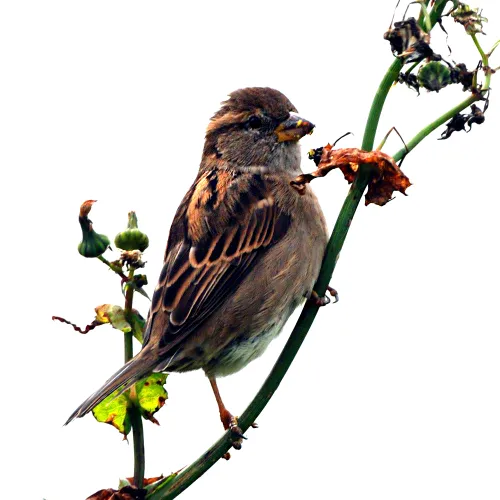
nesting Bird
ServicesA survey for nesting birds must be completed immediately before any removal of vegetation/trees or building demolishment/roof works between 1st March and 31st August and is valid for 48 hours. A letter report is sent after each visit to confirm if there are any active nests/what activity was noted on site.
Habitat Creation/Enhancement
Detailed Assessments and Reports to Support Planning Applications

Legislation
The UK has established robust legislation to protect nesting birds. The Wildlife and Countryside Act 1981, which remains a cornerstone of nature conservation law, makes it an offence to intentionally kill, injure or take any wild bird.
Crucially, it also prohibits the intentional destruction or disturbance of nests that are in use or being built. This protection extends to all bird species commonly breeding in the UK, ensuring that nesting birds and their habitats are afforded the necessary protection during the critical breeding season.
With these laws in place, the UK aims to safeguard its rich avian biodiversity and promote responsible behaviours among its citizens, developers, and industries.
Habitat
Tree cavities. Others, such as the grey partridge, even nest under hedges.
Lots of birds nest on the ground in locations ranging from heathlands to coastal regions, with nests and young carefully camouflaged. Some birds build nests, while others use simple scrapes in the ground.It's not just seabirds who use cliffs and sand dunes for nesting - species such as swifts will nest in the cavities of rock faces. Puffins even use disused rabbit burrows on cliff-top nesting site.
survey
If you have a site that requires vegetation clearing within the period 1st March to 31st August inclusive, a nesting bird survey must be carried out.These dates are a guide, but it’s best to take a precautionary approach and avoid any potential legal or adverse publicity issues. Certain species, like magpies, begin building nests two months before using them, and it’s important to remember that nests, eggs, and birds are protected by law.If nesting birds are found, they must be left alone until the young have fully fledged and the nest is confirmed inactive by a qualified person. Breaking this law can result in a fine of up to £5000 and/or six months in prison, along with negative publicity. It is therefore essential to conduct proper checks before starting work to avoid these penalties.Contact Us
For more information on Nesting Bird Surveys, or to discuss a specific project, contact our office on 0845 463 4404.